
The more fragile a government’s institutions, the more intense the organized crime
A new study shows that levels of impunity and the availability of small arms strongly influence the levels of violent crime

A new study shows that levels of impunity and the availability of small arms strongly influence the levels of violent crime
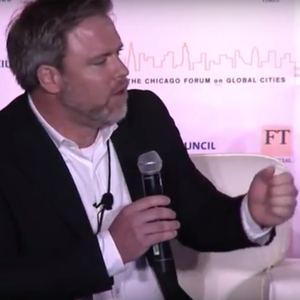
Robert Muggah’s presentation about urban violence during the 2016 Chicago Forum on Global Cities
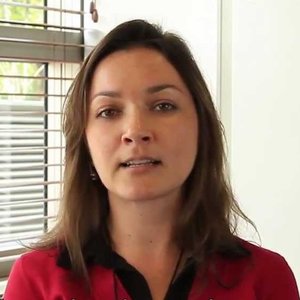
Interview with Ilona Szabó about prison system in Brazil
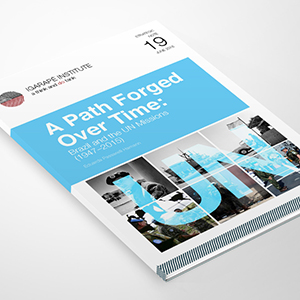
This Strategic Note seeks to identify key thematic elements in Brazil’s long history of peacekeeping missions, from the first such effort in 1947 through present-day operations around the world.
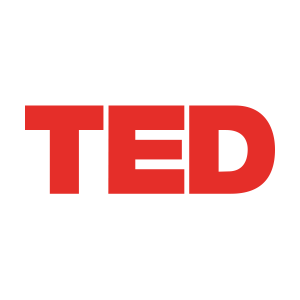
TED Ideas – Cities are the the 21st century’s dominant form of civilization – and they’re where humanity’s struggle for survival will take place

The Hill Times – Migrants to Canada are routinely prosecuted for relatively minor offences and circulated back into a society torn apart by organized crime
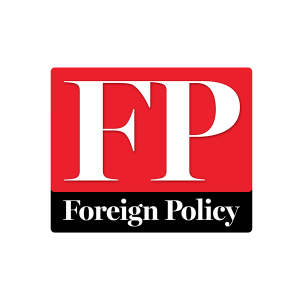
Foreign Affairs – The United States’ Deadliest Export

Thomson Reuters Foundation News – Cities are the frontline of twenty first century humanitarianism
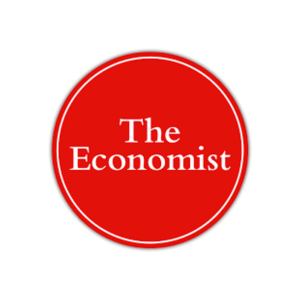
The Economist – The country’s gangs specialise in extortion. But they may be branching out

International Business Times – In the midst of political volatility, a deep recession and a frightening viral outbreak, Brazil is struggling
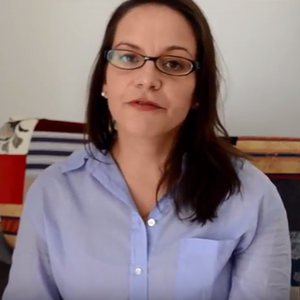
In 2016, the Igarapé Institute and several partners assembled Latin American governments, civil society groups
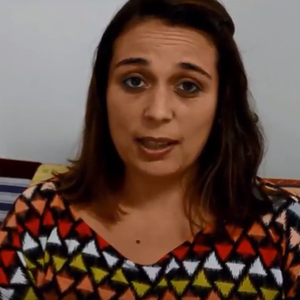
In 2016, the Igarapé Institute and several partners assembled Latin American governments, civil society groups
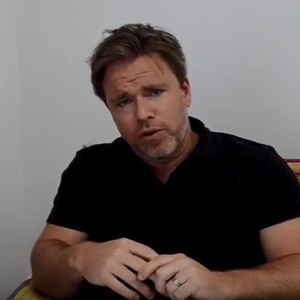
In 2016, the Igarapé Institute and several partners assembled Latin American governments, civil society groups
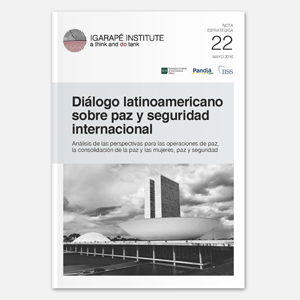
Igarapé Institute assembled governments and civil society groups from across Latin America to identify priorities and capacities to deliver on the evolving international peace and security agenda.
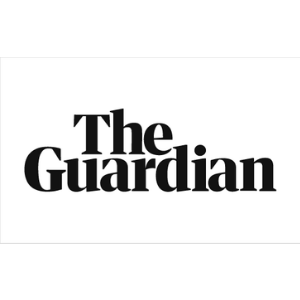
The Guardian – The fact is that in spite of decades of pursuing a “drug free world”, drugs are more accessible and widely consumed than ever
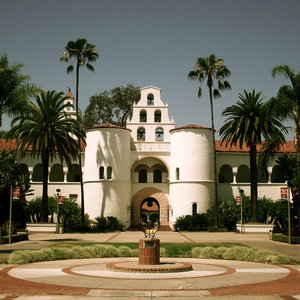
The California Consensus for Peace through Technology (CalCon) focused on challenging violent movements

World Economic Forum – The world is moving to the city. No part of the planet is urbanizing faster than sub-Saharan Africa

Robert Muggah, reserach director of the Igarapé Institute, talks to BBC Radio about WhatsApp block in Brazil
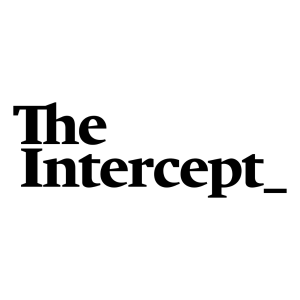
A brazilian state judge ordered mobile phone operators to block nationwide the extremely popular WhatsApp chat service

The Boston Globe – Brazil’s friendishly complicated political and economic crises are sending the country into a tailspin
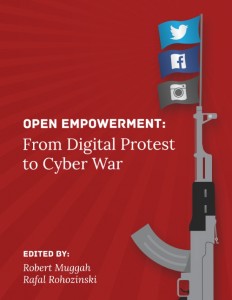
Robert Muggah, Misha Glenny and Rafal Rohozinski are among the authors of the publication co-edited by the Igarapé Institute and the SecDev Foundation

SABC – Over the past weekend, the ruling party was the first to launch its much anticipated election manifesto
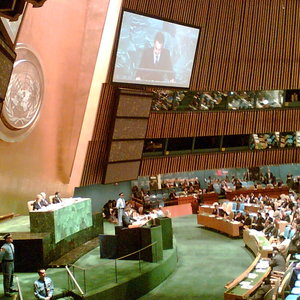
Former Presidents of Colombia, Mexico, and Switzerland together with Sir Richard Branson, US Former Federal Reserve Chair Paul Volcker and members of the Global Commission on Drug Policy call for reducing the harms caused by failed drug policy

Associated Press – An open letter to U.N. Secretary-General Ban Ki-moon signed by more than 1,000 people

Documento foi enviado ao secretário-geral da ONU, Ban Ki-moon
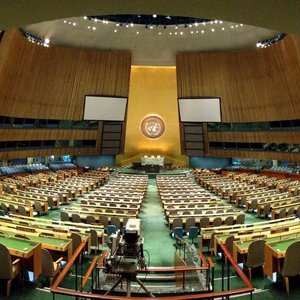
Ex-presidentes, especialistas, juristas, empresários e artistas estão entre os mais de mil signatários de carta endereçada ao secretário-geral da ONU

The Hill Times – What makes a city prone to instability is often surprising
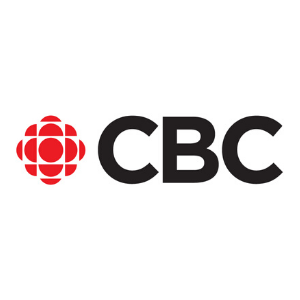
CBC – New app allows live streaming to help track murderous criminals — and killer cops
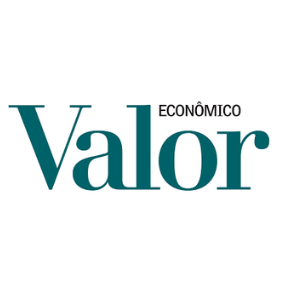
Valor Econômico – Em 1998, o slogan da Sessão Especial da Assembleia Geral das Nações Unidas (Ungass, na sigla em inglês) defendia rígidas políticas de controle de drogas

World Economic Forum – High-profile attacks on major cities in Belgium, France and the United States have set the world on edge

O Instituto Igarapé utiliza cookies e outras tecnologias semelhantes para melhorar a sua experiência, de acordo com a nossa Política de Privacidade e nossos Termos de Uso e, ao continuar navegando, você concorda com essas condições.

